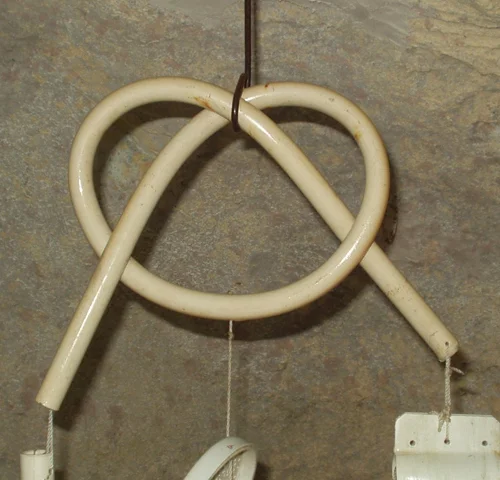Dec . 25, 2024 00:26 Back to list
High-Density Polyethylene Pipes for Efficient Drip Irrigation Solutions
Understanding the Role of HDPE Pipe in Drip Irrigation Systems
Drip irrigation is an efficient and effective method of watering plants that minimizes waste and maximizes crop yield. One of the key components of this technology is the material used for the irrigation pipes. High-Density Polyethylene (HDPE) pipes have emerged as a popular choice for drip irrigation systems due to their durability, flexibility, and resistance to various environmental factors. In this article, we will explore the advantages of HDPE pipes in drip irrigation applications, their properties, and how they contribute to sustainable agricultural practices.
Properties of HDPE Pipes
HDPE is a thermoplastic polymer that exhibits a high strength-to-density ratio. This material's strength and flexibility make it an ideal choice for creating pipes that can withstand high pressure without the risk of breaking or bursting. Additionally, HDPE pipes are resistant to various chemicals and environmental factors, including UV radiation, chlorinated water, and soil acids. These characteristics ensure that HDPE irrigation systems have an extended service life and require minimal maintenance.
Moreover, HDPE pipes are relatively lightweight, making transportation and installation straightforward and cost-effective
. They can be easily cut and connected, allowing for a streamlined installation process compared to traditional materials like PVC or metal.Advantages in Drip Irrigation
One significant advantage of using HDPE pipes in drip irrigation systems lies in their ability to deliver water directly to the root zone of plants. This targeted approach minimizes evaporation and runoff, ensuring that the maximum amount of water is utilized efficiently. As a result, farmers can achieve higher yields while conserving valuable water resources, which is particularly critical in arid regions where water is scarce.
hdpe pipe for drip irrigation products

Moreover, HDPE pipes reduce the risk of diseases that often spread through traditional irrigation methods. By supplying water directly to the plants' bases, the foliage remains dry, helping to prevent fungal infections and other diseases that thrive in wet conditions. This method not only benefits the plants but also reduces the need for chemical treatments, subsequently promoting a healthier ecosystem.
Sustainability and Environmental Impact
In the context of sustainable agriculture, HDPE pipes play a vital role in reducing water consumption and promoting responsible land management practices. Their durability means that they remain operational for many years, leading to less frequent replacements and reduced waste. Additionally, HDPE is recyclable, ensuring that once the irrigation system is no longer in use, the materials can be repurposed rather than ending up in landfills.
Furthermore, the precision with which drip irrigation systems operate aligns well with modern agricultural practices focused on resource conservation. By utilizing HDPE pipes, farmers can implement advanced techniques such as fertigation — the application of fertilizers through the irrigation system — enhancing nutrient delivery while further minimizing environmental impacts.
Conclusion
The choice of materials used in drip irrigation systems is critical to their efficiency and effectiveness. HDPE pipes stand out as a superior option due to their strength, flexibility, and resistance to environmental factors. They enable efficient water delivery, reduce disease transmission, and contribute to sustainable agricultural practices, all of which are essential for meeting the growing food demands of the world’s population. As water scarcity becomes an increasingly pressing global issue, the adoption of HDPE pipes in drip irrigation will play a pivotal role in promoting sustainable farming practices and ensuring food security for future generations. By investing in the right infrastructure, farmers can cultivate their land more effectively, conserve resources, and contribute positively to the environment.
-
High-Quality PVC Borehole Pipes Durable & Versatile Pipe Solutions
NewsJul.08,2025
-
High-Quality PVC Perforated Pipes for Efficient Drainage Leading Manufacturers & Factories
NewsJul.08,2025
-
High-Quality PVC Borehole Pipes Durable Pipe Solutions by Leading Manufacturer
NewsJul.08,2025
-
High-Quality PVC Borehole Pipes Reliable PVC Pipe Manufacturer Solutions
NewsJul.07,2025
-
High-Quality UPVC Drain Pipes Durable HDPE & Drain Pipe Solutions
NewsJul.07,2025
-
High-Quality Conduit Pipes & HDPE Conduit Fittings Manufacturer Reliable Factory Supply
NewsJul.06,2025

